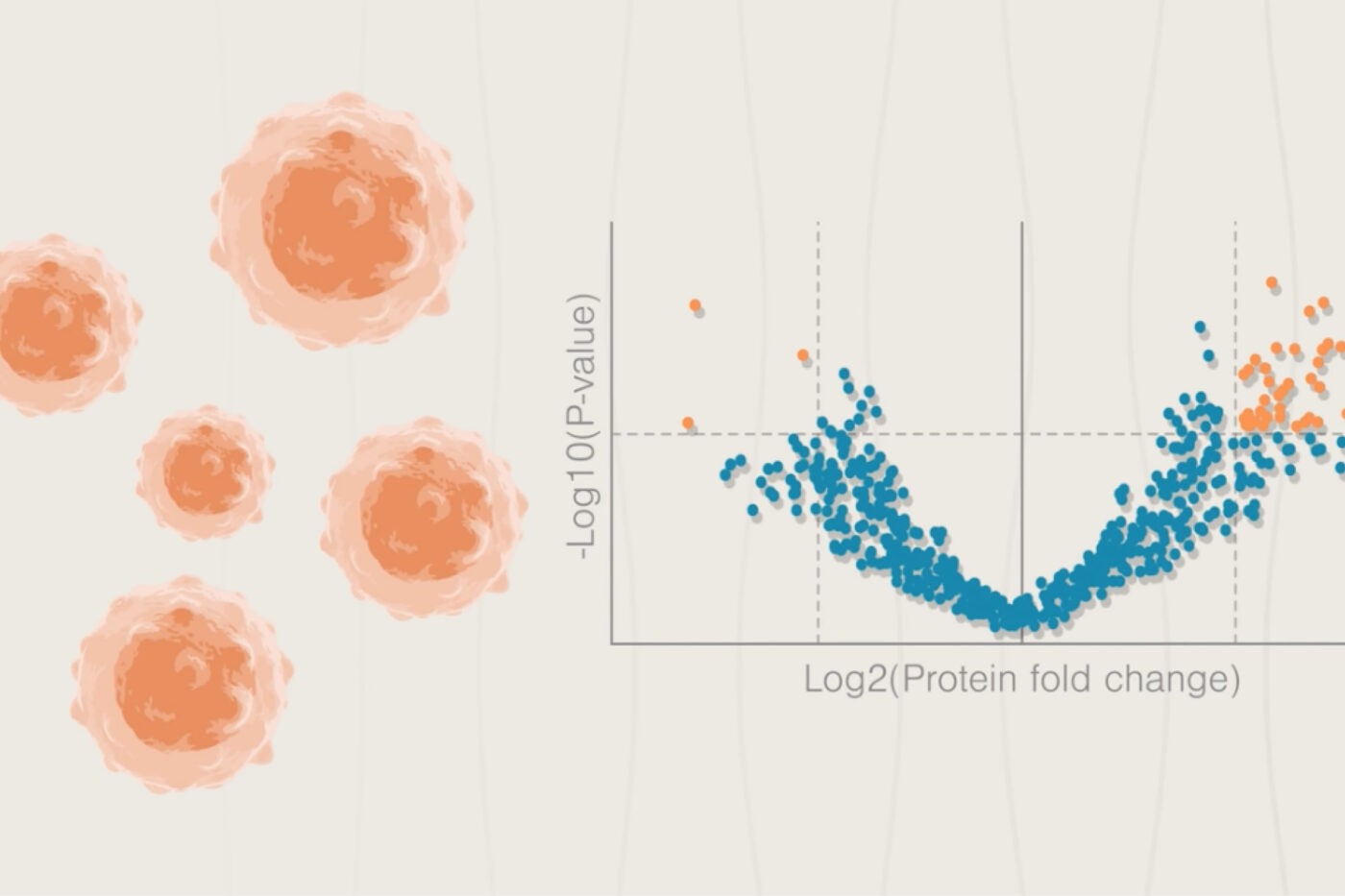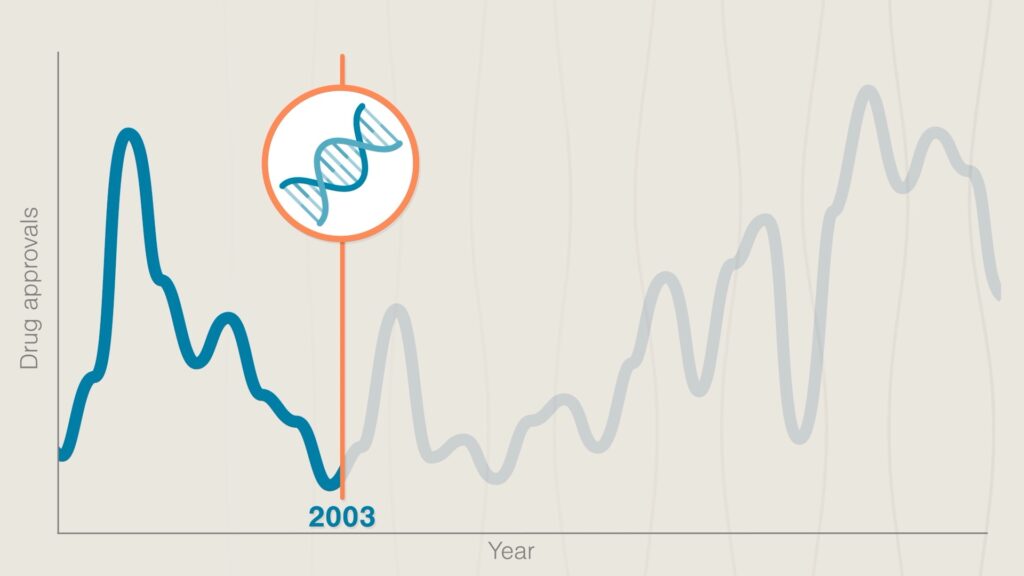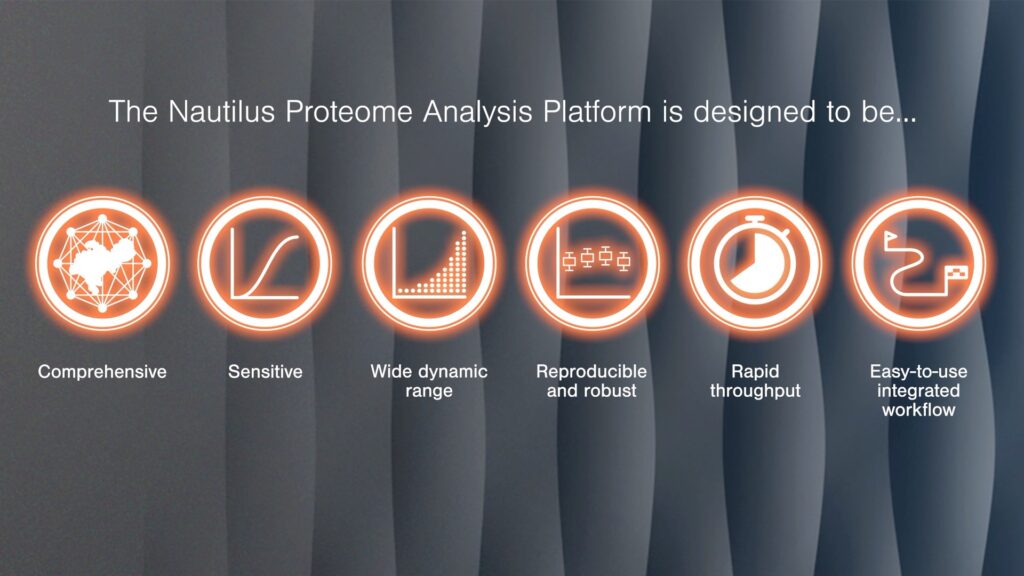
Animation – Unlocking the potential of proteomics to fuel precision medicine
Nautilus Biotechnology
October 3, 2023
To make precision medicines more effective for more people, researchers need to look to the proteome, the complete protein composition of a biological sample, in addition to the genome. It is usually aberrations in proteins – their abundance, their interactions, their modifications – that cause disease phenotypes. It thus makes sense to look directly at proteins through the lens of proteomics to find drug targets and develop novel therapies.
In this animation, we reveal how next-generation proteomics technologies, like the NautilusTM Proteome Analysis Platform, are designed to revolutionize healthcare by enabling the development of precision medicines tailored to aberrations in the proteome and not just the genome.
Genomics alone cannot power precision medicine

Until now, precision medicine has largely relied on genomics. Advances in this field have vastly improved our ability to associate genetic variants with diseases but have only rarely spurred the creation of genomics-based diagnostics and treatments. In fact, large multi-center studies matching cancer patients with genetic alterations to corresponding precision therapies still only show response rates of about 10%.
And, if you zoom out on drug development more broadly, there has not been a drastic increase in drug approvals since the completion of the human genome project in 2003.
Turning to the proteome to drive precision medicine

Most drugs target proteins and it makes intuitive sense to look at the proteome and not the genome to find more targets. Toward this end, research leaders have already started to leverage proteomics to learn more about the molecular innerworkings of biology at a mechanistic level, and proteomics research publications have skyrocketed in the last decade.
Unfortunately, traditional proteomics technologies lack the sensitivity and dynamic range to cover the full proteome and are difficult to use.
NautilusTM Proteome Analysis Platform benefits

Thus, we’re designing the Nautilus Proteome Analysis Platform to make comprehensive proteomics accessible to more researchers. Our platform is designed to be sensitive, cover a wide dynamic range, generate reproducible results, have rapid throughput, and have integrated workflows that make it easy to use.
With broadscale proteomics on the platform, we aim to enable researchers to identify and measure greater than 95% of the proteome with single-molecule resolution. And with targeted proteoform studies, researchers can also identify specific protein variants and modifications. While these “proteoforms” are derived from the same parent protein, they may have very different functional impacts on cells, and their identification is crucial to understanding disease mechanisms.
MORE ARTICLES
